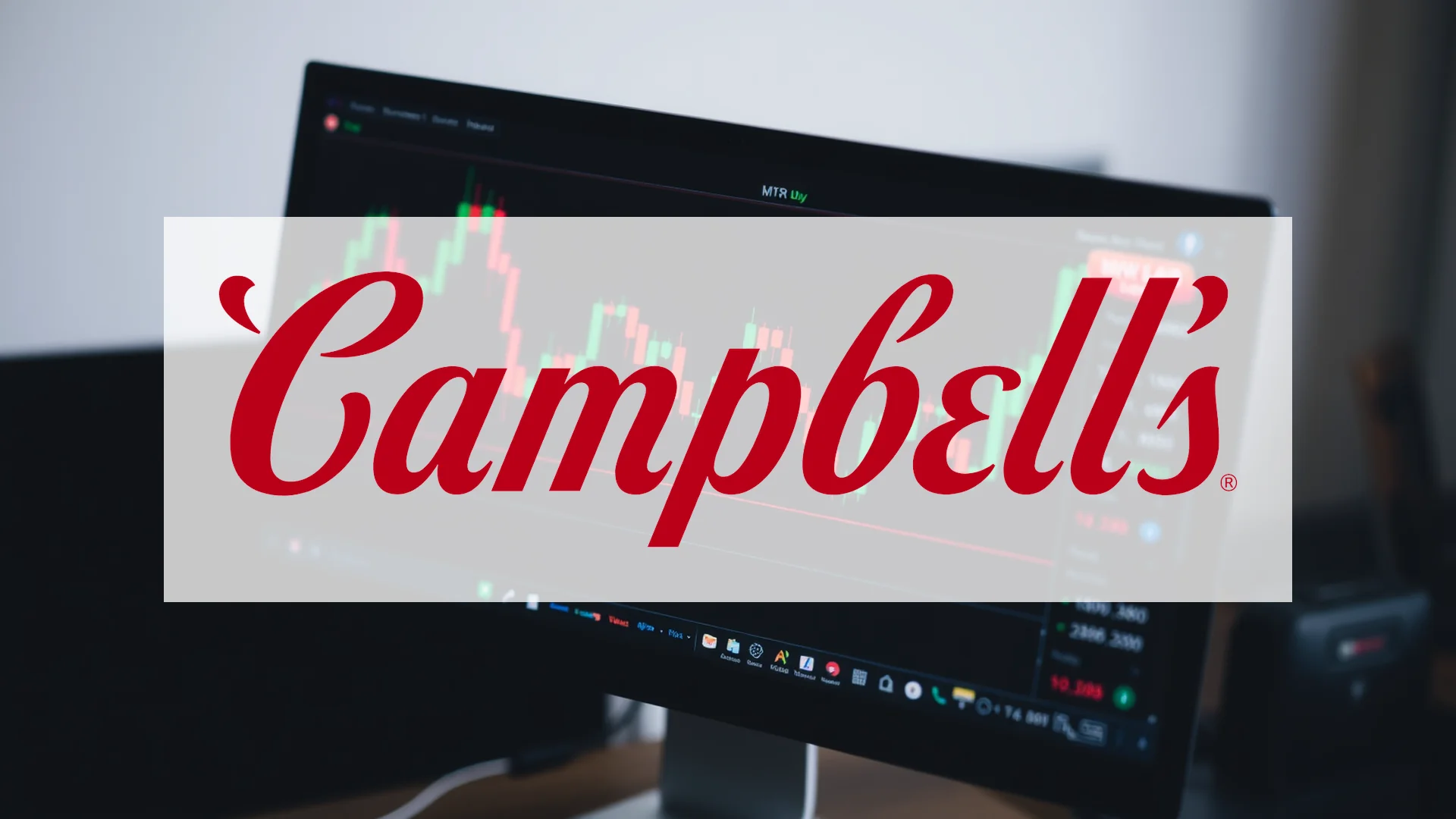Campbell Soup Company’s latest quarterly earnings present a complex picture of resilience and challenge. The food manufacturer surpassed profit expectations but simultaneously disappointed markets with declining sales and a cautious outlook, highlighting ongoing pressures from tariffs and shifting consumer demand.
Profit Strength Meets Revenue Weakness
For the fourth quarter of fiscal 2025, Campbell Soup posted adjusted earnings per share of $0.62, exceeding analyst projections that ranged between $0.56 and $0.57. This positive surprise, however, was immediately tempered by revenue figures. The company reported net sales of $2.32 billion, a narrow miss against expectations. More concerning was the 3% contraction in organic sales, a key indicator that strips out one-time effects and points to underlying softness in the core business. This trend was evident for the full fiscal year as well; while total revenue climbed 6% to $10.3 billion, organic sales actually declined by 1%.
Margin Pressure from Trade Policy
A significant headwind for the company stems from current U.S. trade policy. Section 232 tariffs on steel and aluminum, along with IEEPA tariffs, have inflated the cost of goods sold by a substantial 4%. This is particularly impactful for its premium imported brands, such as Rao’s pasta sauces from Italy. The increased costs were a primary driver behind a 2% drop in the quarter’s adjusted EBIT, which came in at $321 million. Management is actively working to mitigate these effects, aiming to offset approximately 60% of the tariff impact through countermeasures by fiscal 2026.
Should investors sell immediately? Or is it worth buying Campbell Soup?
Aggressive Savings Initiative Launched
In response to these persistent challenges, the company has significantly ramped up its cost-cutting strategy. Campbell Soup has increased its total savings target for fiscal years 2025 through 2028 by 50%, now aiming to reduce costs by $375 million. The program is already underway, having delivered $145 million in savings in the last fiscal year, with an additional $70 million planned for 2026. This aggressive focus on operational efficiency is designed to protect profitability in a difficult economic climate.
Cautious Forecast Dampens Investor Sentiment
It is the guidance for fiscal 2026 that has most unsettled the market. The company forecasts a significant decrease in adjusted earnings per share, projecting a range of $2.40 to $2.55. This represents a decline of 12% to 18% compared to the previous year. Similarly, adjusted EBIT is expected to fall by 9% to 13%, with organic sales predicted to be flat or experience a slight decrease. This conservative outlook reflects the continued strain from tariffs and ongoing inflation in procurement costs.
Despite offering an attractive dividend yield of roughly 4.7% and a 55-year history of consecutive payments, Campbell Soup’s stock remains under significant pressure. Its shares have declined approximately 31% since the start of the year, a clear sign that investors are deeply concerned about the fundamental operational headwinds facing the established food producer.
Ad
Campbell Soup Stock: Buy or Sell?! New Campbell Soup Analysis from February 7 delivers the answer:
The latest Campbell Soup figures speak for themselves: Urgent action needed for Campbell Soup investors. Is it worth buying or should you sell? Find out what to do now in the current free analysis from February 7.
Campbell Soup: Buy or sell? Read more here...










